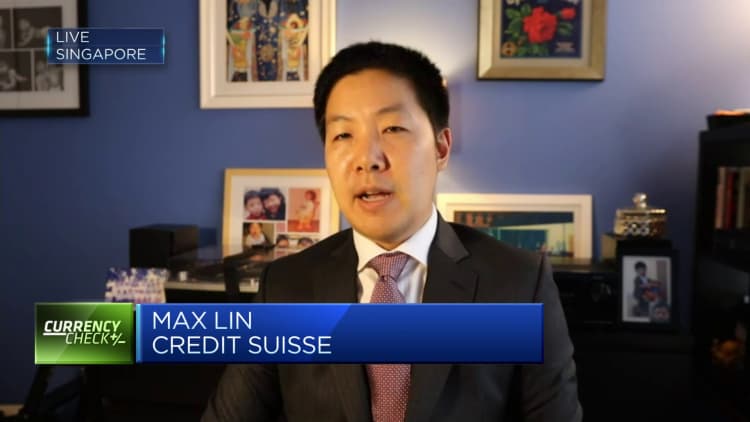Asia-Pacific shares traded mostly higher as investors looked ahead to the U.S. consumer price index, which would set the Federal Reserve's trajectory in its attempt to tackle inflation after raising rates seven times in 2022.
Australia's S&P/ASX 200 rose 0.90% to close at 7,195.3. Its consumer price index rose 7.3% year-on-year in November, a sign that inflationary pressures have yet to slow.
The Nikkei 225 traded 1.03% higher to end off at 26,446 and the Topix inched up 1.08% to 1,901.25. The Kospi edged up 0.35% to 2,359.53 even as South Korea's unemployment rate for December rose to 3.3% compared to November's 2.9%, marking the highest in 11 months. The Kosdaq climbed 1.97% to close at 709.77.
Hong Kong's Hang Seng index rose 0.51% in its final hour of trade. Mainland China's Shanghai Composite shed 0.24%, closing at 3,161.84 while the Shenzhen Component dipped 0.585 to 11,439.44. The MSCI's broadest index of Asia-Pacific shares outside Japan rose 0.41%.
Overnight on Wall Street, major stock indexes closed higher as investors continued building on the new year's early rally. Fed Chairman Jerome Powell in a speech emphasized the importance for the central bank's independence from political influence, without giving direct clues on where the monetary policy is headed.




